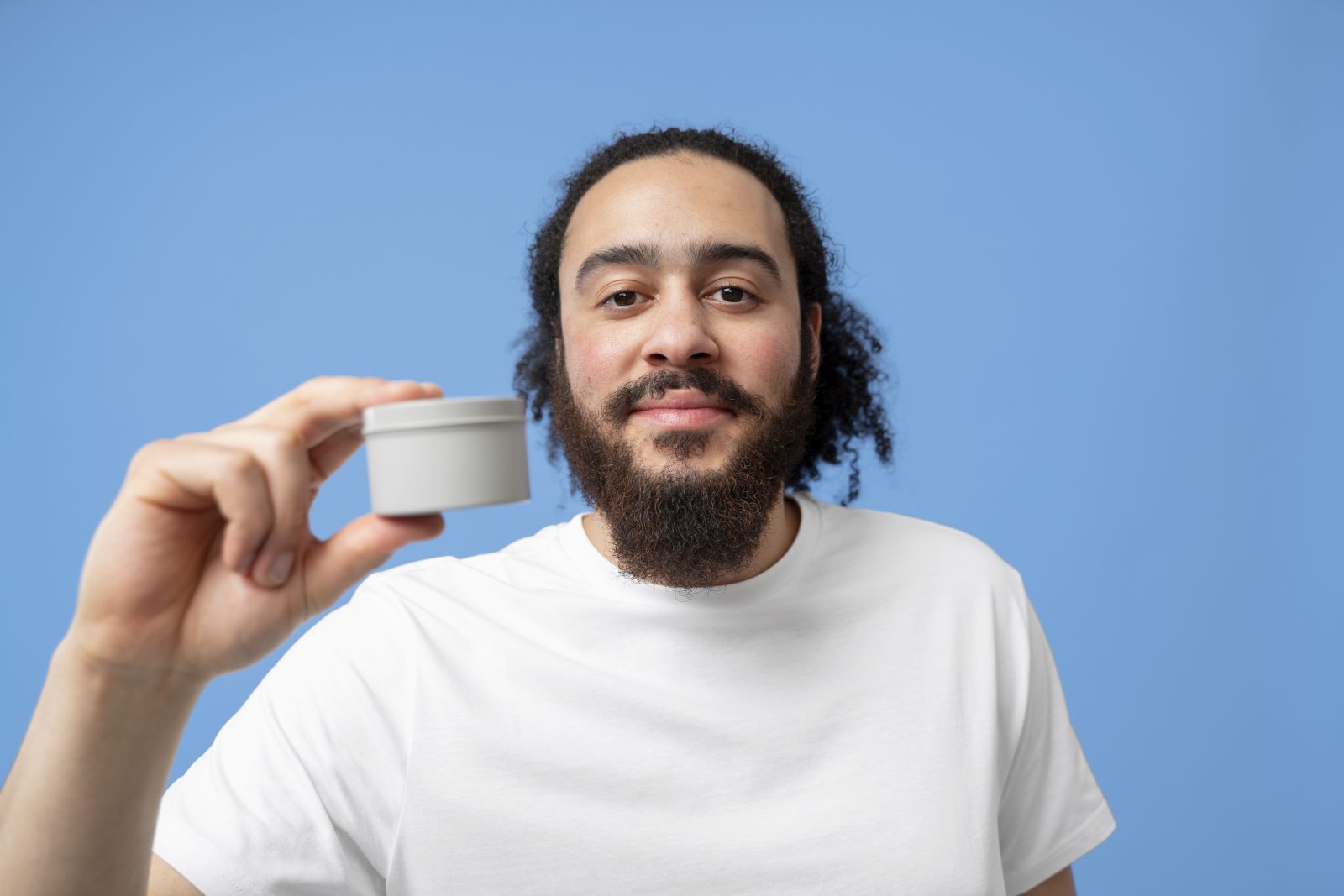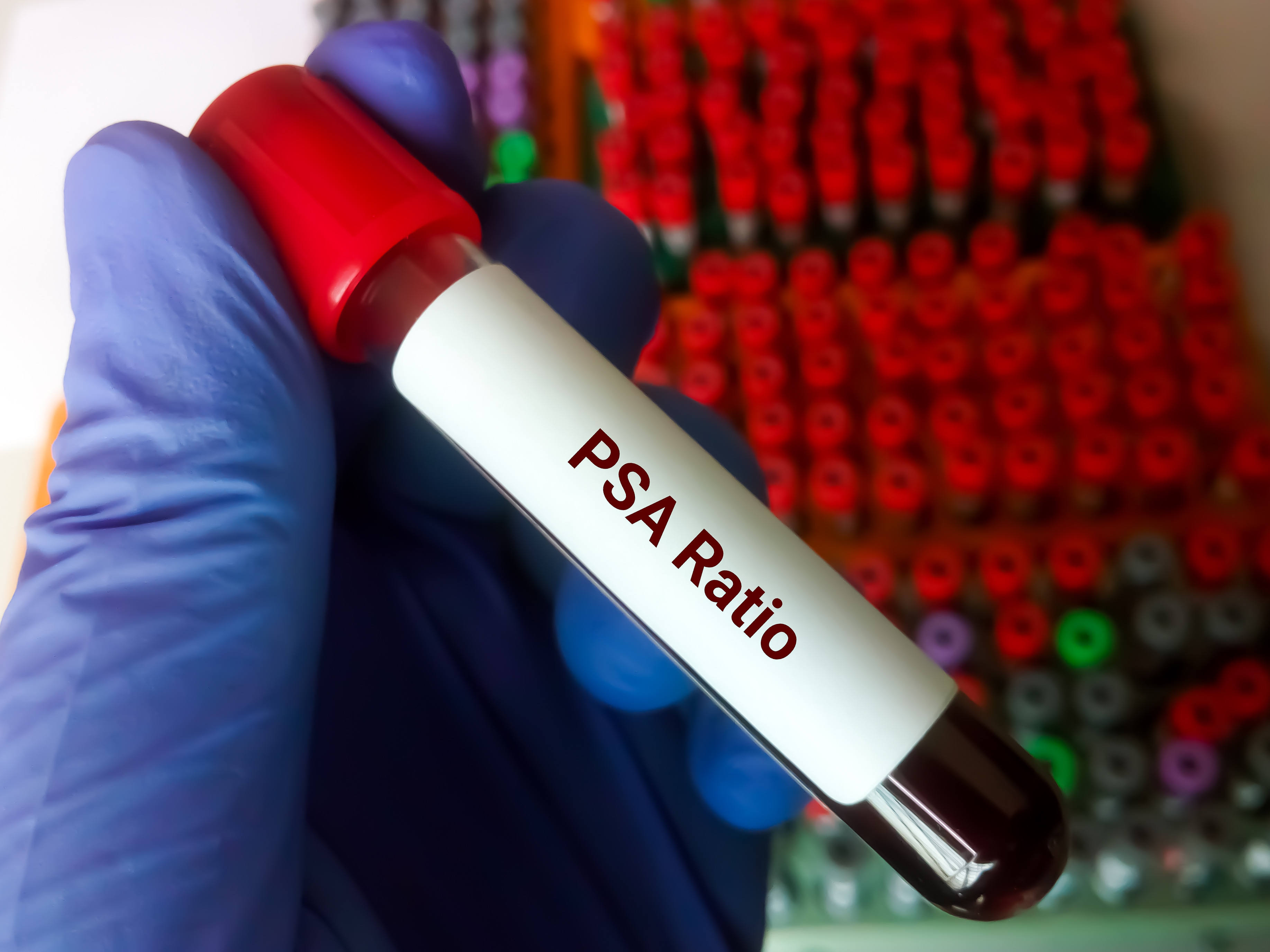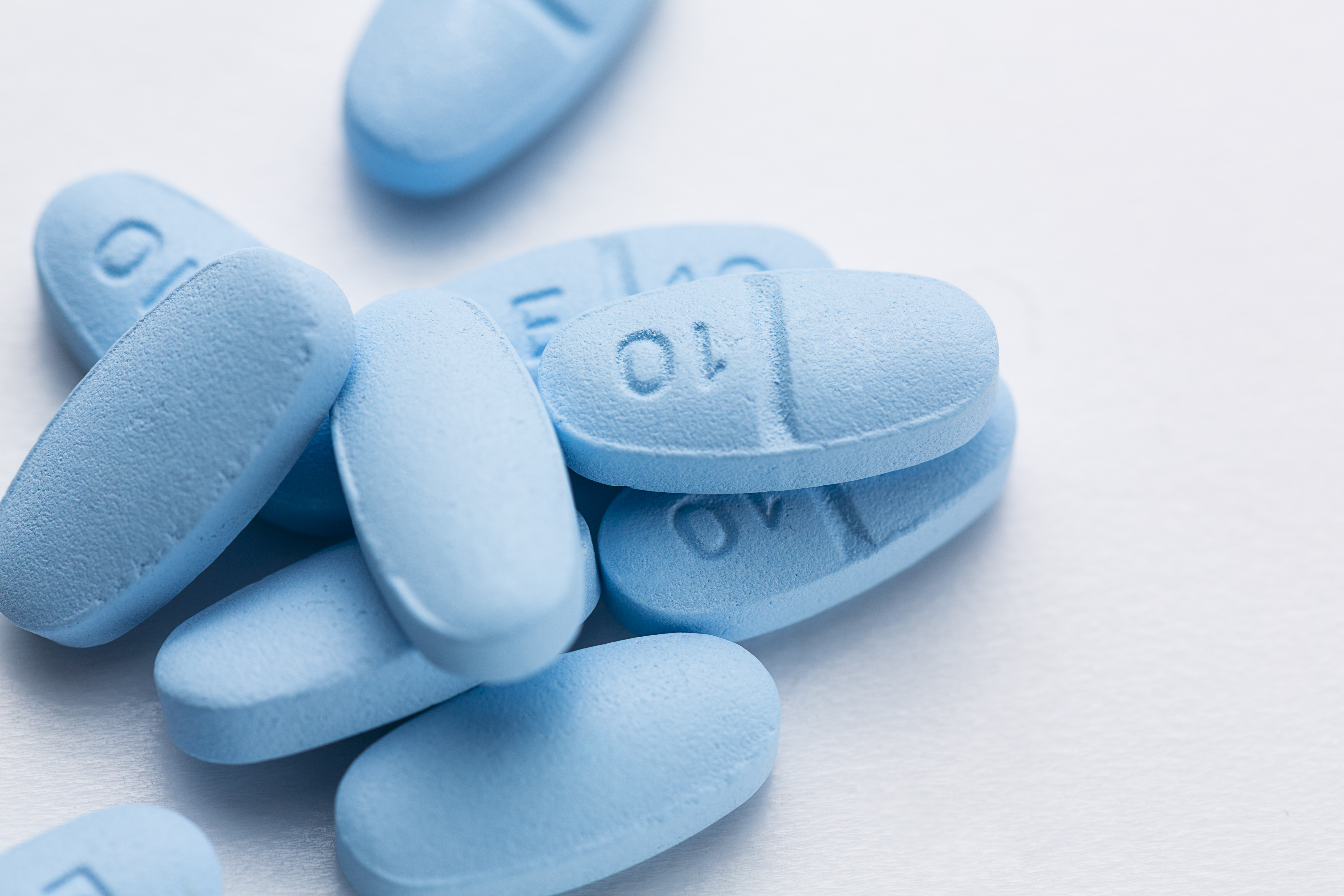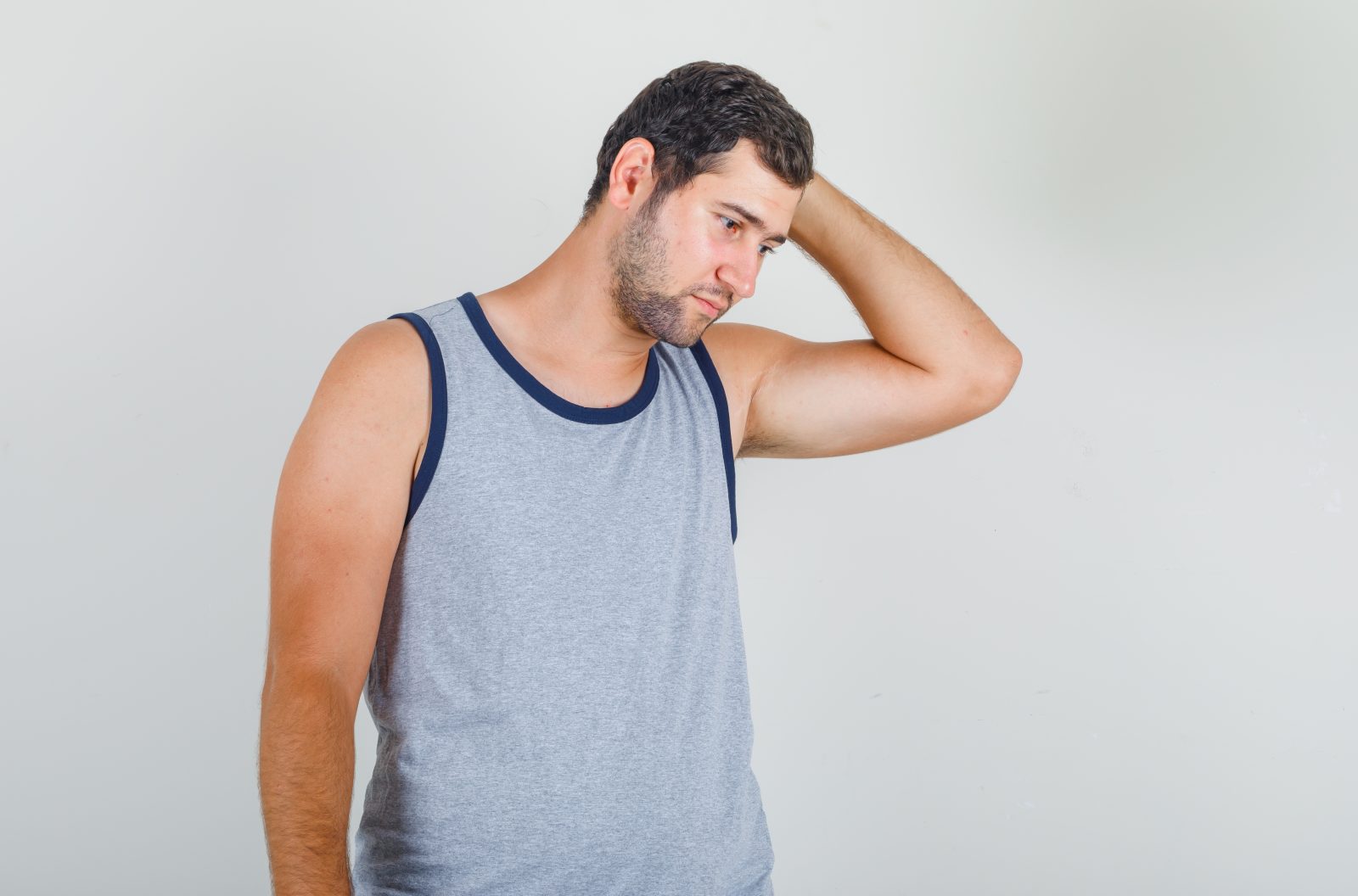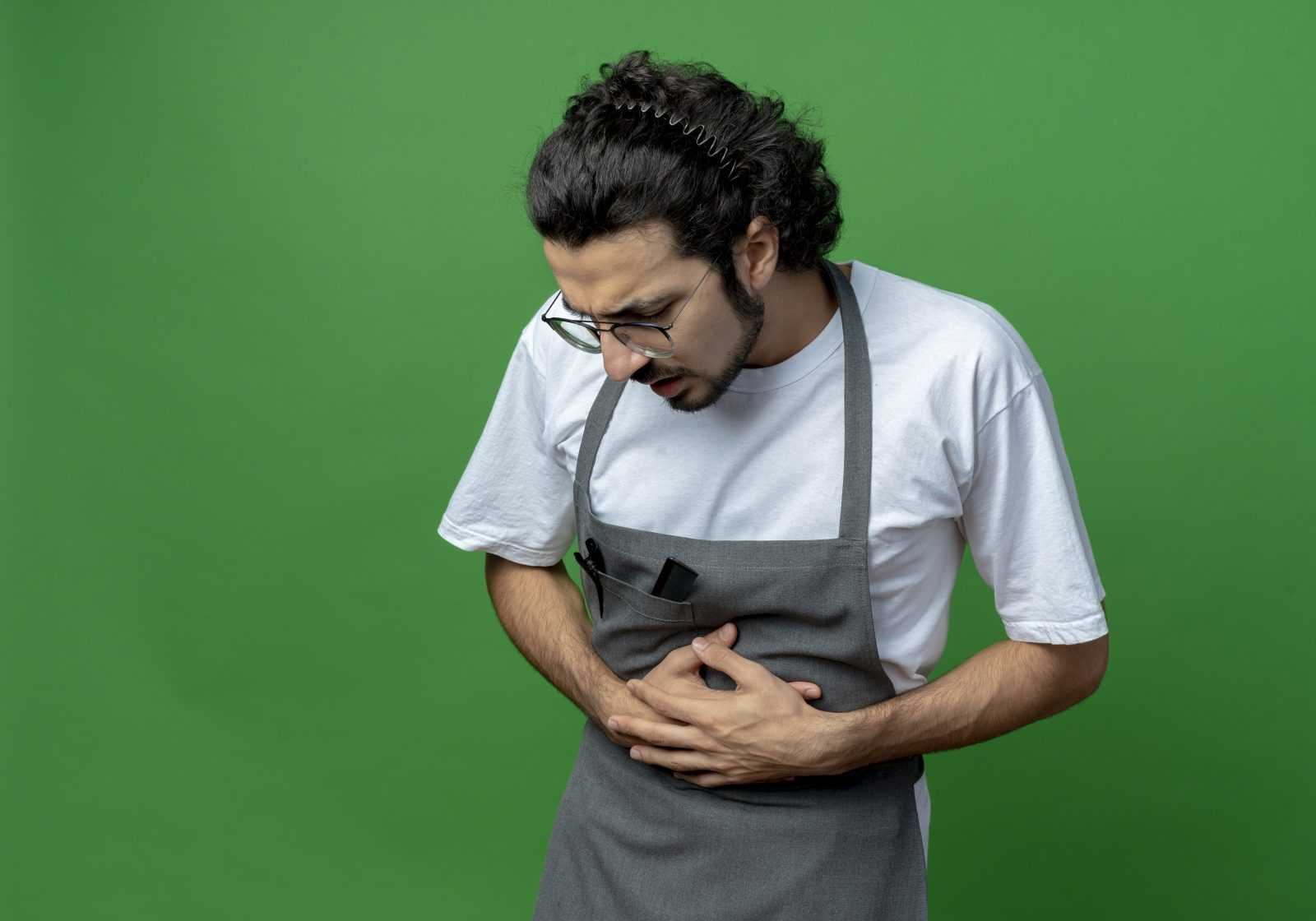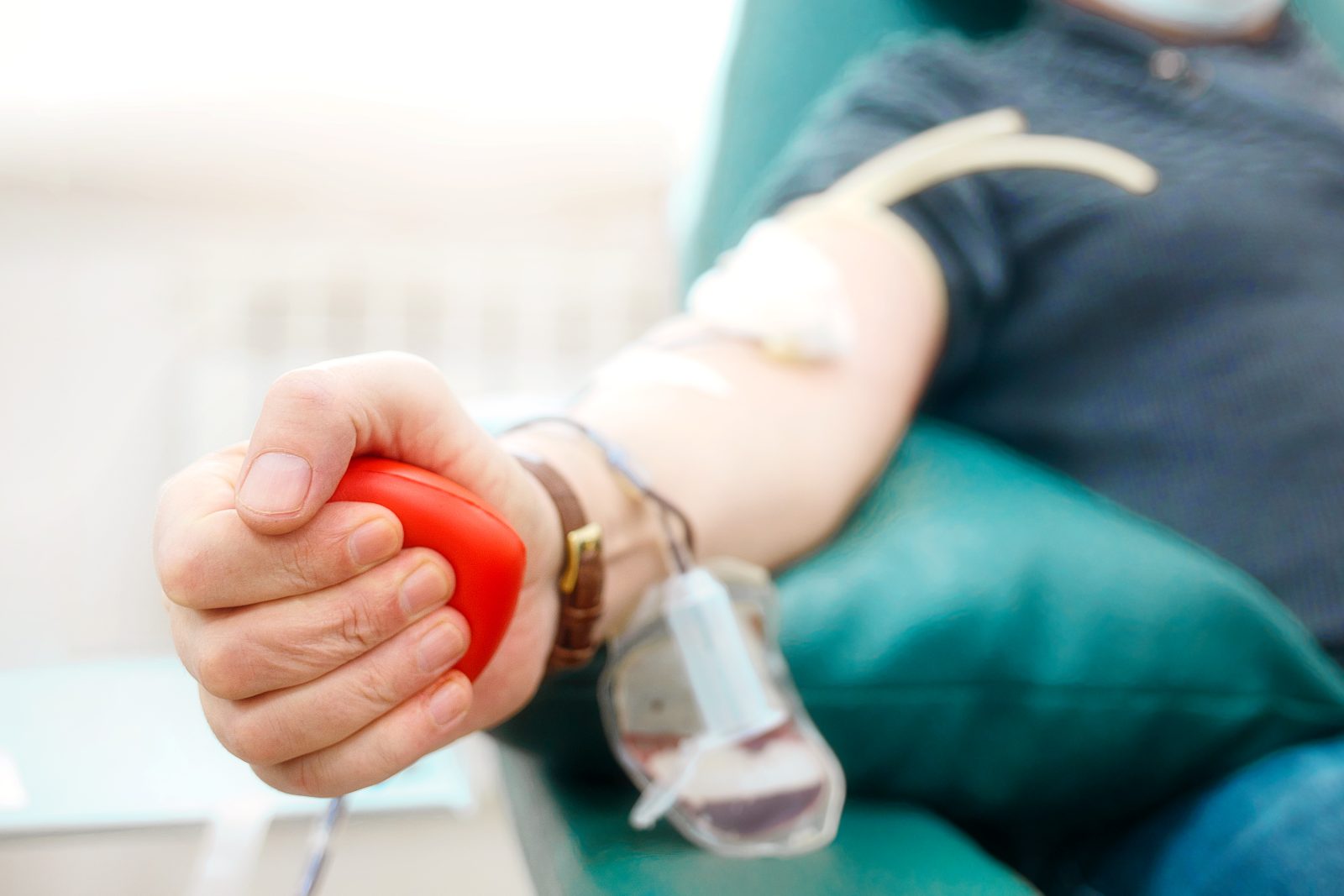Introduction Testosterone is a hormone that plays a key role in men’s health. It affects energy, muscle strength, bone density, mood, and sexual function. As men age, testosterone levels naturally decline, usually starting in their thirties and continuing slowly over time. For some men, this drop becomes large enough to cause noticeable symptoms such as …
Testosterone
Introduction: Understanding the Link Between Testosterone and PSA Testosterone is one of the most important hormones in the male body. It helps control many key functions such as muscle growth, bone strength, energy levels, mood, and sexual health. As men age, testosterone levels naturally decline, often beginning in the 30s and continuing slowly over time. …
Introduction: Understanding Male Sexual Health Many men experience changes in their sexual health as they age, and two of the most common issues are erectile dysfunction (ED) and low testosterone (Low T). These two conditions can feel similar because both can affect sex drive, erections, and confidence. However, they are very different in how they …
Introduction Testosterone is a hormone that plays a central role in men’s health. It supports many body functions, including muscle growth, bone strength, red blood cell production, and sex drive. Testosterone levels naturally rise during puberty and stay high through early adulthood. After about age 30, levels start to decline slowly each year. For some …
Introduction Ehlers-Danlos Syndrome (EDS) is a group of inherited disorders that affect the body’s connective tissues—structures that provide strength and elasticity to the skin, joints, blood vessels, and many internal organs. People with EDS often have fragile skin, loose joints, and chronic pain. Because connective tissue is everywhere in the body, the symptoms can be …
Introduction: Understanding Testosterone and Aging As men age, many notice changes in how they feel, look, and think. Some find they have less energy, lower mood, or a decrease in strength and drive. One of the key reasons for these changes is a gradual decline in testosterone levels. Testosterone is a hormone made mainly in …
Introduction: Understanding Testosterone Therapy (TRT) Testosterone is one of the most important hormones in the male body. It plays a major role in how men develop, feel, and function throughout life. This hormone is made mostly in the testicles and affects many parts of the body — from muscle growth and bone strength to mood, …
Introduction Testosterone therapy, often called TT or hormone replacement therapy for men, has become one of the fastest-growing medical treatments in the world. It is used to help men who have low testosterone levels due to aging, medical conditions, or certain treatments. Testosterone is a natural hormone that plays a key role in muscle growth, …
Introduction Testosterone Replacement Therapy, often called TRT, is a medical treatment used to help men who have low levels of testosterone. Testosterone is a natural hormone that plays a key role in muscle growth, bone health, energy, mood, and sexual function. As men age, or due to certain medical conditions, their testosterone levels can drop. …
Introduction: Understanding Testosterone and Aging Testosterone is one of the most important hormones in the male body. It shapes many aspects of a man’s physical and emotional health—from muscle growth and bone strength to mood, memory, and sexual function. This hormone is produced mainly in the testicles, and its levels rise sharply during puberty, driving …
